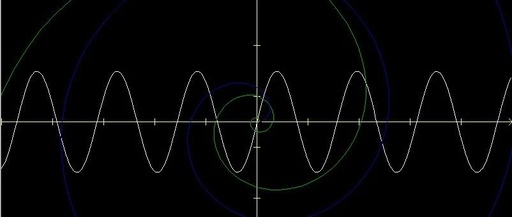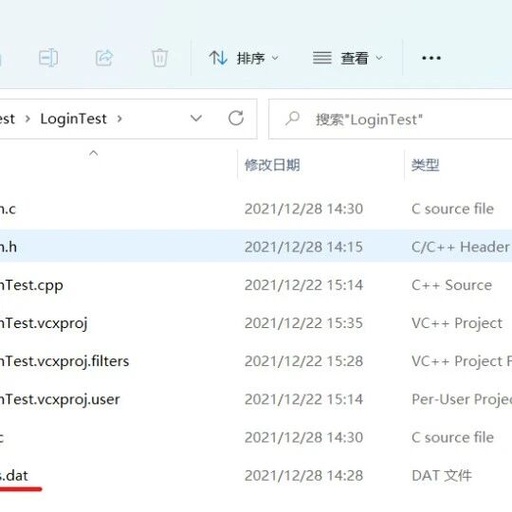How to Complete Unit Testing for Embedded Code?
Follow+Star Public Account Number, don’t miss out on exciting content Source | Big Orange Crazy Embedded In software development, every change in requirements generally necessitates rewriting code. After code changes, functional testing is required, and of course, unit testing must be performed before functional testing to avoid unverified scenarios after code modifications, which can lead … Read more









